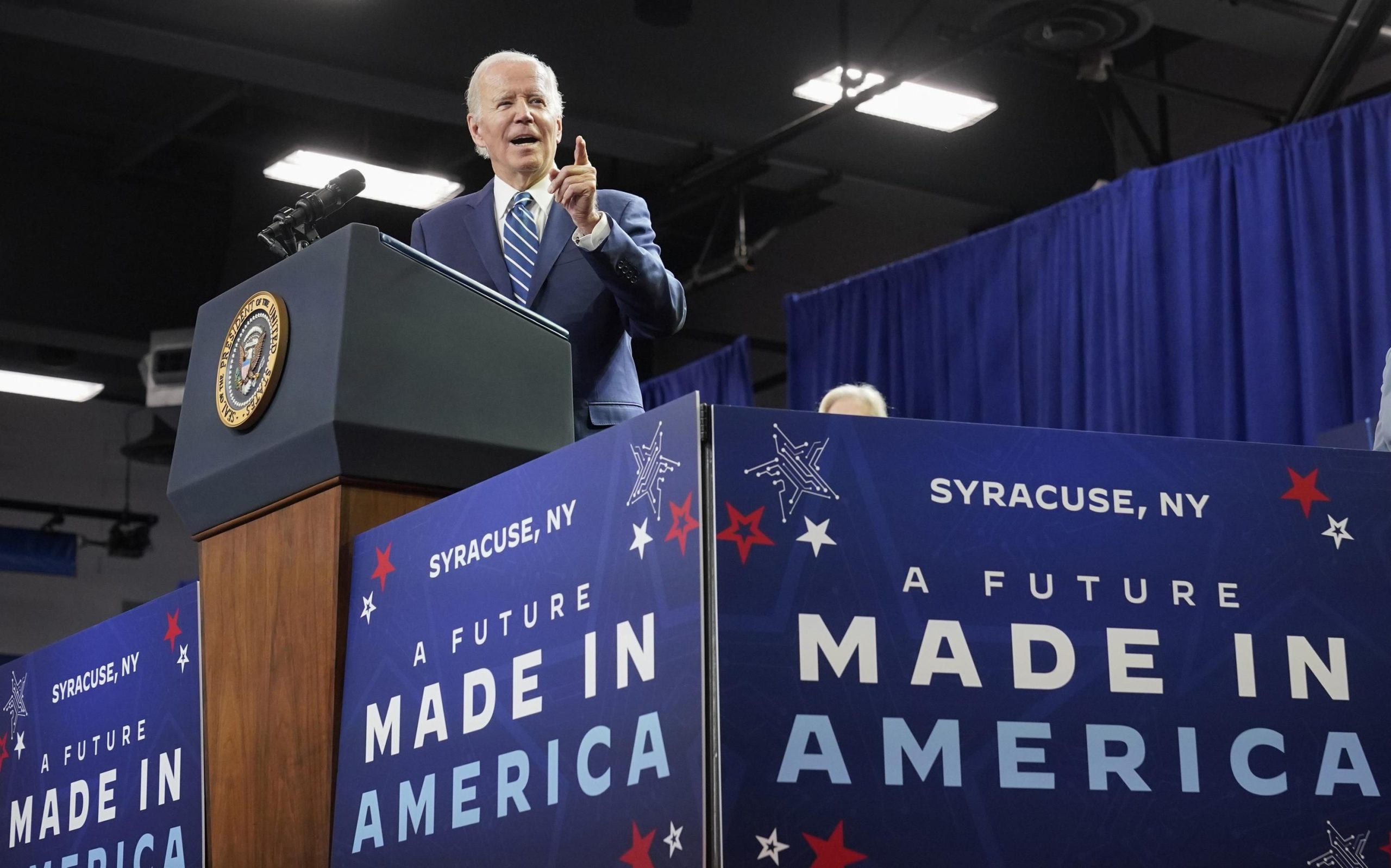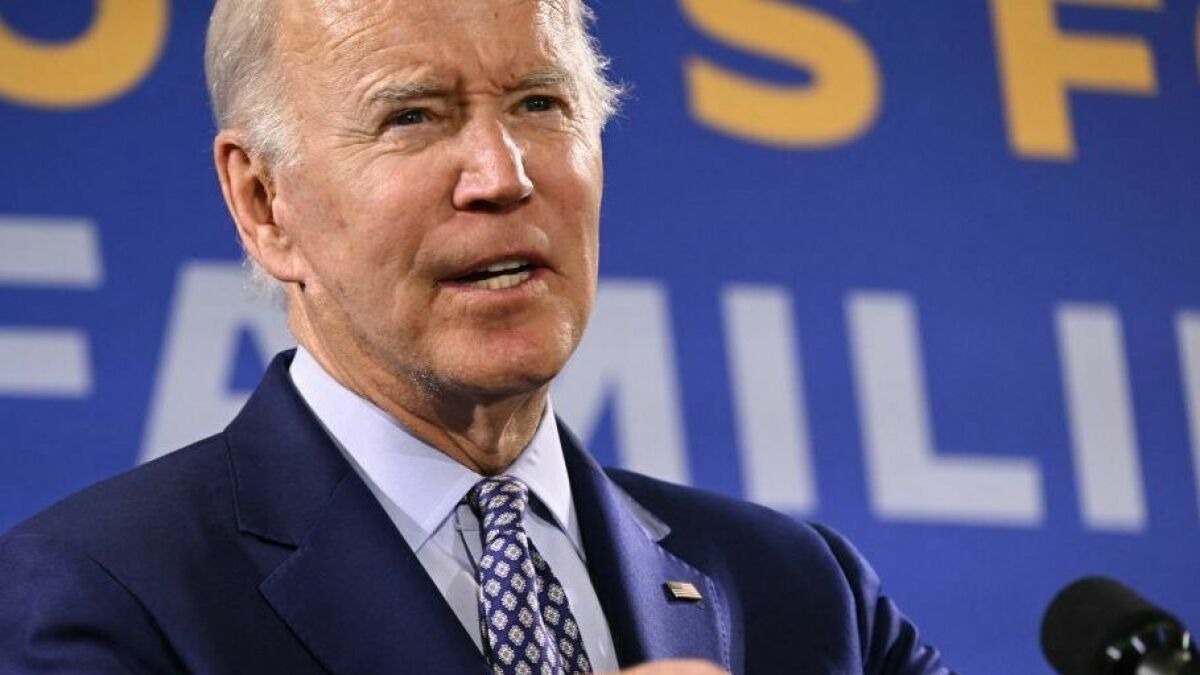The Biden administration has taken an outstanding steps to safeguard the well-being of LGBTQ+ and intersex children in the foster care system with the finalization of a new rule by the U.S. Department of Health and Human Services (HHS).
Under this rule, all children in the child welfare system, including those who identify as LGBTQI+, are entitled to protection against harassment, abuse, and mistreatment, regardless of their placement.
Additionally, the rule mandates that state child welfare agencies ensure LGBTQI+ children have access to specially designated foster care placements.

President Biden (Credits: UPI)
These designated placements are required to provide environments that support the child’s sexual orientation, gender identity, and gender expression. Care providers must also be trained to meet the specific needs of LGBTQ+ and intersex children and facilitate their access to appropriate resources and services.
While the rule does not mandate providers to become designated placements, state and tribal child welfare agencies must offer enough of these placements to accommodate the children who need them.
LGBTQ+ and intersex children are overrepresented in the foster care system and often face bullying and harassment, leading to worse outcomes compared to their peers.
HHS Secretary Xavier Becerra emphasized the importance of providing support tailored to the needs of every child in government care, ensuring they have the opportunity to thrive. The Administration for Children and Families echoed this sentiment, highlighting the role of support in helping young people succeed.
The move has been praised by advocacy groups such as the National Center for Lesbian Rights (NCLR), who commend HHS for clarifying the obligation of entities receiving government funding to prevent mistreatment and discrimination against LGBTQI+ children in foster care.

President Joe Biden (Credits: AP News)
NCLR representatives underscored the disproportionate impact of the child welfare system on LGBTQI+ youth and emphasized the need for safe and supportive environments that address their specific needs.
The new rule represents a remarkable step toward creating inclusive and supportive environments for LGBTQ+ and intersex children in foster care, ensuring they receive the care and protection they deserve.























